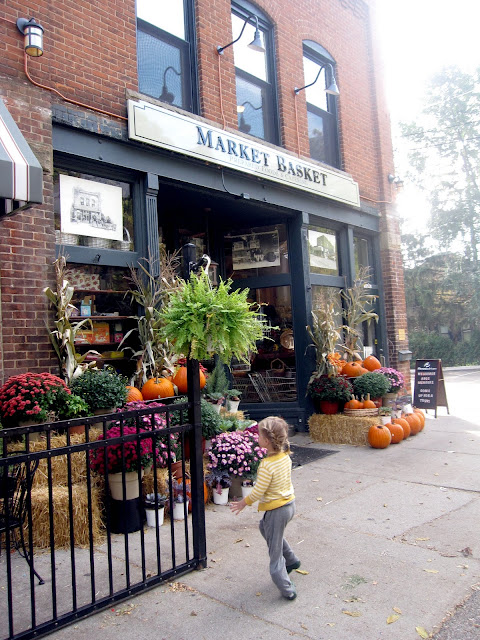Patrick great point regarding parking in urban/downtown areas. The great debate in Manchester is if they should make the northern part of Elm (between Salmon St. and Bridge St.) one lane and add metered parking on both sides or keep it the way it is. Most of the businesses want them to add more parking, and it will slow down cars/trucks zipping down Elm. But many argue it will slow traffic which is either trying to get on I-93 going up Bridge or going over the Merrimack(also Bridge St.) and getting on I-293.Elm St. can be quite dangerous to cross at night or at dusk since many forget they are in an urban area or just plain don't care.
I wasn't aware of the consideration to reduce the width/lanes of northern Elm, but it's a great idea. Elm Street between Bridge and Granite used to be like it is north of Bridge, and the wider sidewalks, angled parking and reduced lanes have made a wide street into an enjoyable place to stroll, eat on the sidewalk and be in general.
The northern portion of Elm has struggled to feel like part of downtown, I think, despite having many intact, urban buildings (even more so than some more successful parts of Elm where there are a few single-story buildings). Crossing Bridge Street, though, you just don't feel like you're downtown anymore. There's that nice bend in Elm just south of Bridge that makes the area feel a bit more enclosed, but it's also just that it doesn't feel like a highway there. Reducing to a single lane should be no problem for traffic, and couple that with planting some trees, widening sidewalks and some other efforts, and I think it would feel like part of downtown in no time.
I also think that Monopoly's suggestion to add bike lanes should be considered in addition to anything else done to reduce the width and speed of cars north of Elm (or elsewhere in the city), and make the area feel more urban. Unfortunately, the angle-in parking used on Elm Street is very dangerous for bicyclists, so a bike lane would have to be on the sidewalk or something. Or the city could try back-in, angled parking, which Somerville is preparing to implement in Union Square. Apparently this is much safer for motorists and bicyclists, with the same increased parking/reduced street width benefits of angle-in parking.
The only increase in parking that I would support downtown, though would be on-street parking that also increases the walkability and urbanity of the city, such as reducing the lanes of northern Elm. There's really plenty of parking in downtown Manchester. You can't always park right in front of where you're going, but that's the point anyway. But there is ample parking on the fringes of downtown even in the middle of the workday. Manchester needs to support more efforts like the Green DASH free downtown bus, which allow people to park once even on the edge of downtown and get around easily without their cars. Ideally, the Green DASH service should be extended into the evening (at least on weekends and during major events) and on Saturdays. And even more ideally, there should be more frequent bus service along major corridors connecting neighborhoods with downtown. There's no reason to add parking or for someone to have to dry from a walkable neighborhood like the North End or Rimmon Heights to downtown, except a lack of support for public transit, bike lanes and so on from the city.


